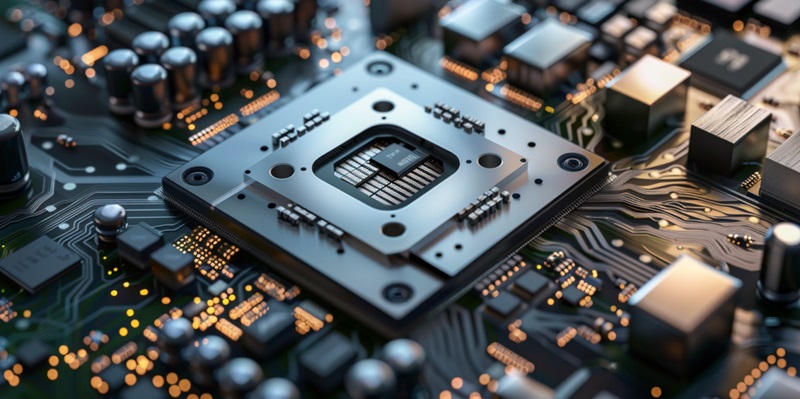In the competitive landscape of high-end PC components, the delicate balance between performance and stability is crucial. MSI, a well-known motherboard manufacturer, has recently updated the BIOS for its Z790 motherboards to implement Intel’s recommended settings, a move that brings about significant changes in power limits and system behavior. Affected by instabilities, Intel’s latest Raptor Lake and the anticipated Raptor Lake Refresh Core i9 CPUs have prompted this change, as reports of system crashes and boot failures compelled both Intel and motherboard producers to act. MSI’s updated BIOS settings aim to bring stability to systems powered by these processors, yet this solution doesn’t come without its costs.
A Proactive Measure for Enhanced Reliability
Responding to the distress calls from users experiencing unstable systems, MSI made a critical decision to integrate Intel’s BIOS recommendations. The new MSI BIOS capping applies to two specific conditions—PL1, the long-term power limit, and PL2, the short-term power surge capacity. The capping limits the power draw to 125W and 253W, respectively, which significantly deviates from the earlier ‘Baseline Defaults’ that did not impose such constraints. This proactive measure targets the reported stability issues, which manifested as crashes and failures during both gaming sessions and everyday operations.
The aim was clear: to achieve a stable operating environment for the end-user. However, such alterations have a discernible impact on the performance side of the equation. In CPU-intensive scenarios often encountered during gaming, users might notice a 10-15% drop in frame rates. Reports emerging over the recent months had placed Intel in a somewhat defensive position, with fingers initially pointed towards motherboard manufacturers. The scrutiny increased as Intel took upon itself to further investigate the situation. Latterly, this has resulted in Intel advising all partners on the ‘Default Settings’ that prioritize system stability over the usual performance chase, a recommendation that MSI has followed through on.
Navigating the High-End PC Landscape
In the realm of premium PC parts, balancing high performance with system stability is vital. MSI, a prominent player in crafting motherboards, has rolled out a critical BIOS update for their Z790 series. This was in response to instabilities observed with Intel’s cutting-edge Raptor Lake and the upcoming Raptor Lake Refresh Core i9 processors, which caused system crashes and booting issues. Adhering to Intel’s refined settings, MSI’s BIOS revision is designed to stabilize these powerful CPUs. Although such adjustments are aimed at enhancing system reliability, they may also alter power limits and the overall performance behavior of the system. The collaborative efforts of Intel and motherboard manufacturers like MSI underscore their commitment to providing a seamless and robust computing experience. Nonetheless, enthusiasts are reminded that the pursuit of stability sometimes requires trade-offs against maximum performance output.

